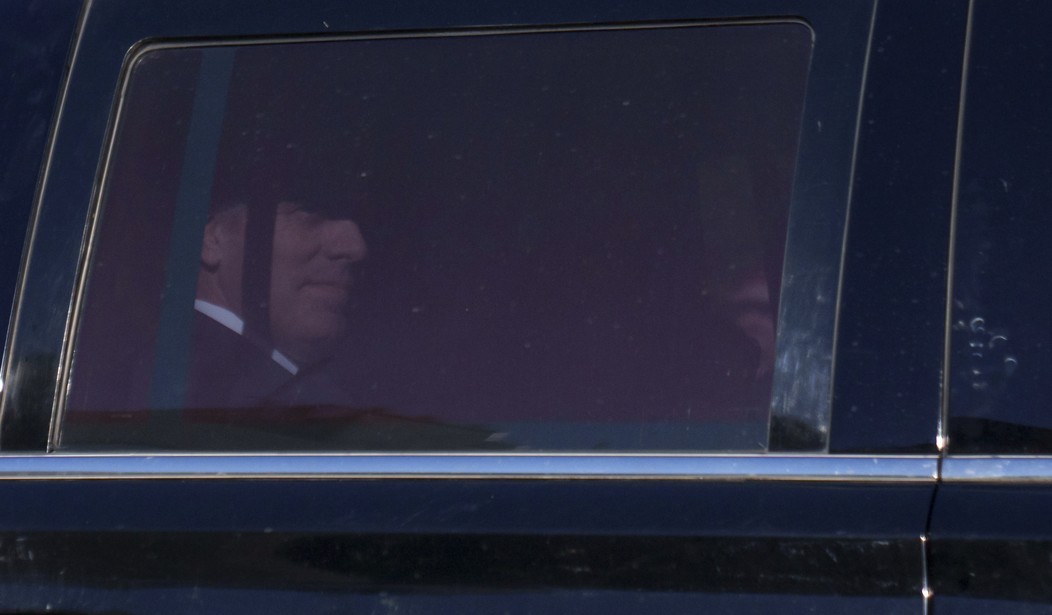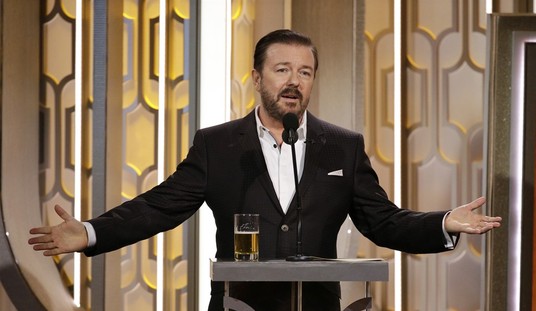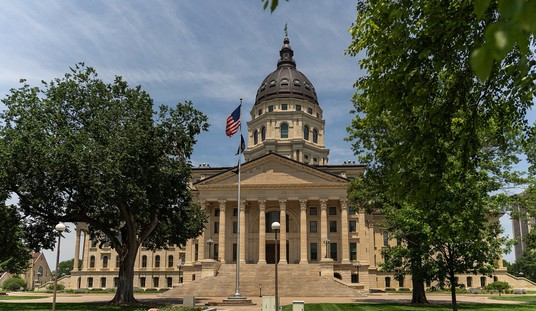Hunter Biden showed up to a somewhat subdued media circus (by local standards) at a federal courthouse in downtown Los Angeles Thursday afternoon to be arraigned on nine felony charges related to his income tax filings, or lack thereof. After the first appearance and arraignment US District Court Judge Mark Scarsi held a status conference, and that's where the more interesting information came out.
My colleague Becca Lower shared my initial reports from the courtroom on Thursday immediately after the hearing; in this piece I will go into more detail about what happened and what it might signal.
RELATED: Hunter Biden Enters Not Guilty Plea to Federal Tax Charges, Trial Date June 20
First, Scarsi proposed a motions and trial schedule to Assistant US Attorney Leo Wise and Biden's attorney Abbe Lowell, with initial motions being heard in late March, final pre-trial motions being heard June 3, and trial starting June 20. The parties agreed to that timeline, though Lowell advised the court he has another case that's been pending for some time that might interfere. For now, though, that's the timeline, although the outcome of those motions will likely affect whether there's a trial at all - some or all charges could be dismissed, or Hunter could decide that a plea deal is better for him than a trial. But having a public trial where witnesses under oath describe the income Hunter Biden earned and didn't pay taxes on - including from the man Hunter described as China's top spy - could be problematic for his father, especially right before the DNC convention and the election. Some of the evidence gathered came from Hunter's laptop, so presumably that would be introduced and the media could no longer deny that the laptop is real and its contents authenticated.
Lowell then previewed part of the defense strategy while discussing the timeframe for pre-trial motions. As he is arguing in the Delaware case, Lowell told Judge Scarsi that the defense believes the proposed Diversion Agreement related to the Delaware gun charge, and Lowell/Hunter Biden's interpretation of it, is in effect and therefore precludes the California charges. "We had a resolution, then things happened," Lowell said, before arguing that there was "undue interference in the process" and that alleged interference ultimately led to the government filing a motion to dismiss the tax charges in Delaware and filing charges in California instead.
Judge Scarsi reminded Lowell that while events that occurred outside the prosecution team could be discoverable, events/discussions that occurred within the prosecution team are less so. Lowell's comments seemed to be aimed at wanting to find out all of the conversations the IRS whistleblowers had with members of Congress and people at the Department of Justice before the time Hunter's plea bargain fell apart in that Delaware courtroom in July; he told Judge Scarsi that one motion will include issues regarding the "actions of IRS agents."
To that, Wise responded, "Pleas fall apart all the time," particularly in the case of complex and high-profile cases.
Like most federal judges, Scarsi has standard case management procedures for his courtroom. In his standing order for criminal trials he's set a 10-page limit for motions, but told counsel he would extend that limit and asked for their input on what that limit would be. Judge Scarsi commented that he'd read a 70-page motion in the Delaware case and that was definitely too long. This seemed clearly aimed at the defense, since they like to use court filings to set their desired narrative about Hunter, knowing that as public documents the media will quote them extensively - anyone who read the proposed diversion agreement in Delaware will likely agree that it reads like a fan fic of Hunter's life.
It was obvious that Lowell knew the judge was telling him to knock it off, and fortunately for the judge he already has a standing order for page limits in a criminal case so Lowell can't claim Hunter is being treated differently than other defendants (even though he is - meaning, advantageously). Lowell replied that he would make his motions as concise as possible while thoroughly addressing the law and factual basis.
Pretty sure that "factual basis" portion is the one that will need whittling down, Abbe.
After the 30-minute hearing, Hunter left the courtroom with his Secret Service detail through the back door and neither he or Lowell spoke to the press gathered outside, a marked difference from his stunt the day prior in the House of Representatives.
One thing many members of the press would like more clarity on in the meantime is what exactly the pre-trial/parole department has listed for Hunter's employment in their file. Hunter has been under the supervision of that department since July, and one of the conditions of pre-trial release in both Delaware and California is that he either maintain gainful employment or be seeking gainful employment. Most people would have to provide pay stubs and contact information for their manager/supervisor to the parole officer. What does Hunter claim to do professionally? Attorney? Artist? Writer? What is his income? Perhaps Congress can subpoena those forms, because if Hunter has also lied to a parole officer that could be a problem.
After the February 20 deadline for the parties to file motions passes, I'll have more news about the exact arguments Lowell is making and what evidence he wants to have presented related to those motions. And, I'll be in the courtroom on March 27 to observe the evidentiary hearings.
READ ALSO: Hunter Biden's Plea Deal Falls Apart; DOJ Seeks Leave to File Charges in CA and DC














